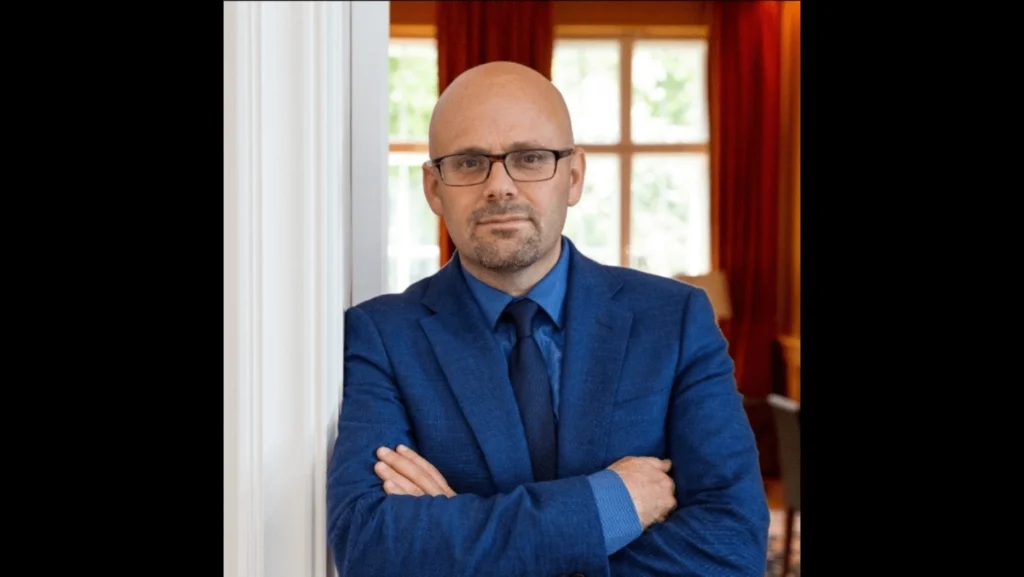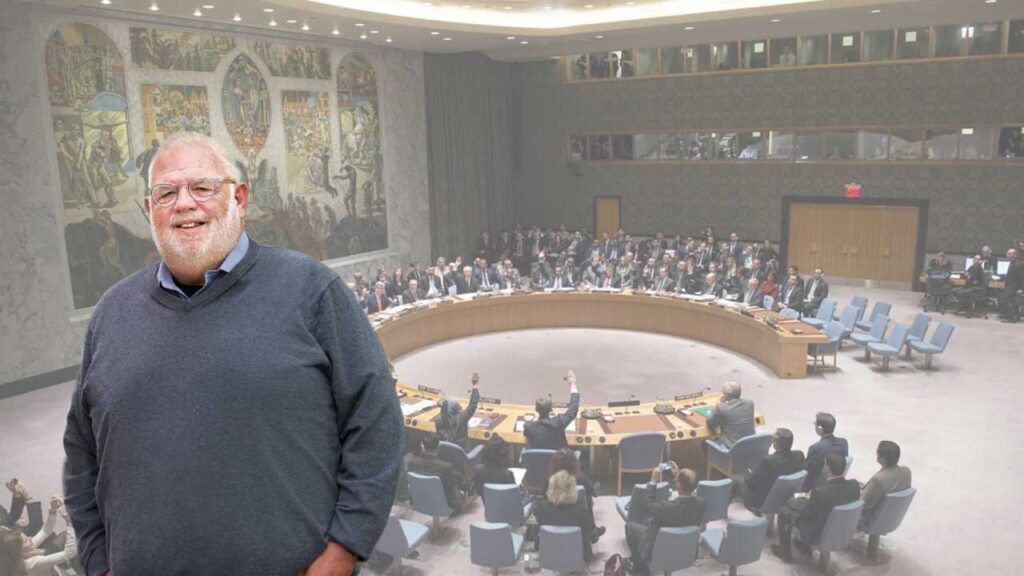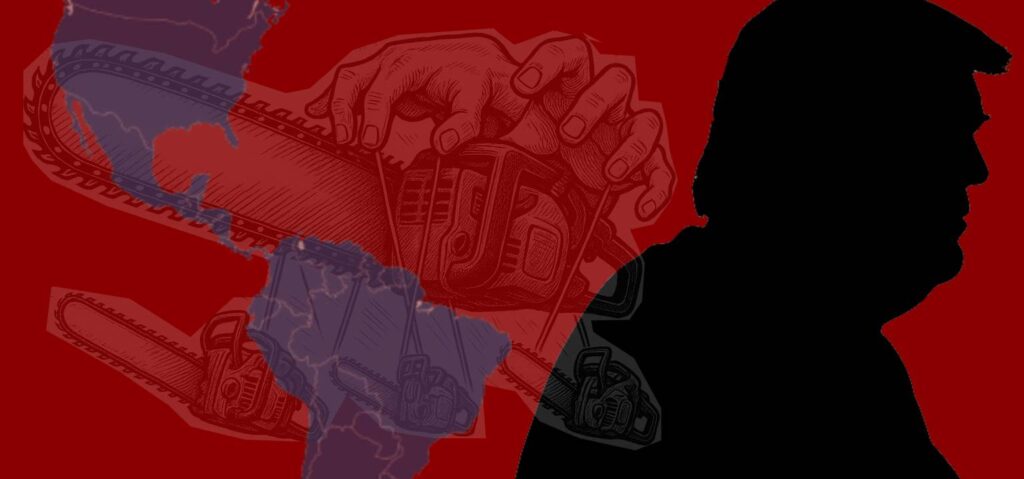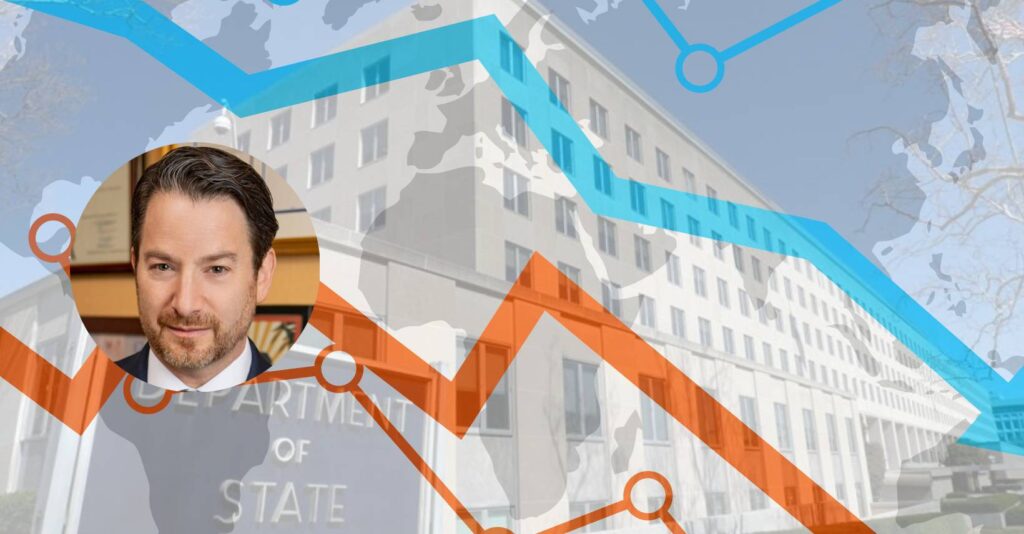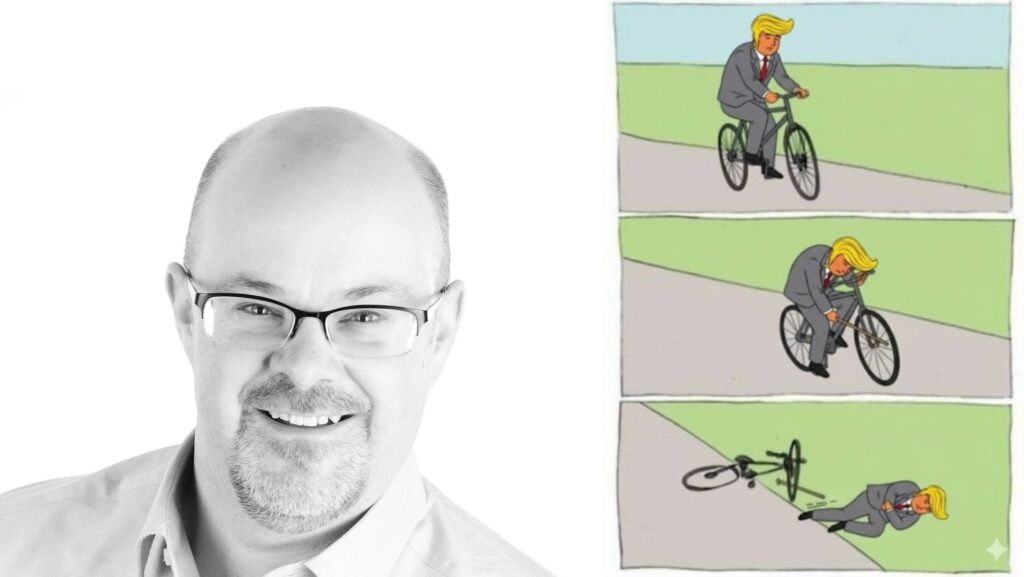April 22, 2026 | Elebash Recital Hall 6:30 pm — 8:00 pm RSVP here The acclaimed author sheds light on the current fragile state of
International law scholars are often among the sharpest critics of the Trump administration—but what if the usual story misses something essential? In this episode, RBI
A conversation between Jacob Siegel and Eli Karetny Date: March 16, 2026 Time: 6:00PM Place: Skylight Room, Graduate Center CUNY 365 Fifth Ave, New York.
From Argentina’s recent vote under the shadow of a threatened $20 billion U.S. aid package to Russia’s covert operations in the 2016 U.S. election, foreign
What happens when America loses its foreign-policy playbook? RBI acting director Eli Karetny talks with veteran diplomat and policy strategist Joel Rubin about the vacuum
Join us for a conversation between policymakers and academics. Date October 15, 2025 – 6:00-8:00 PM Place The Skylight Room Graduate Center CUNY 365 Fifth
We begin the new season of International Horizons by asking a crucial question: is the U.S. helping speed up its own decline? RBI Deputy Director,
Wednesday, September 17, 2025 6:30 pm Hybrid (see description for details) Open to the Public A panel of experts helps us understand the complex realities
The Ralph Bunche Institute for International Studies at the Graduate Center of the City University of New York is devoted to research, teaching, and scholarship
In this episode of International Horizons, RBI director John Torpey speaks with Stephen Hanson and Jeffrey Kopstein, co-authors of The Assault on the State: How the

